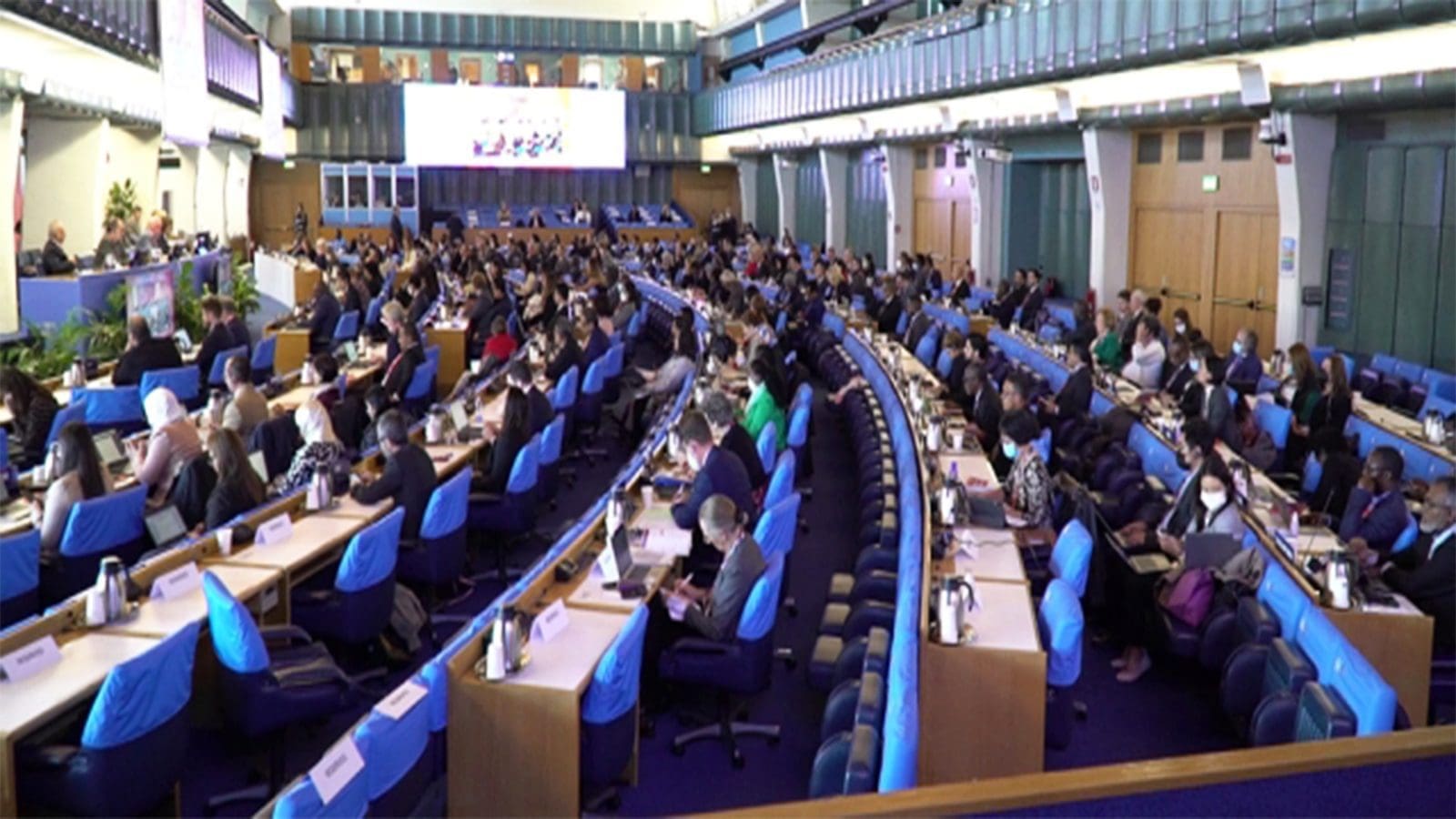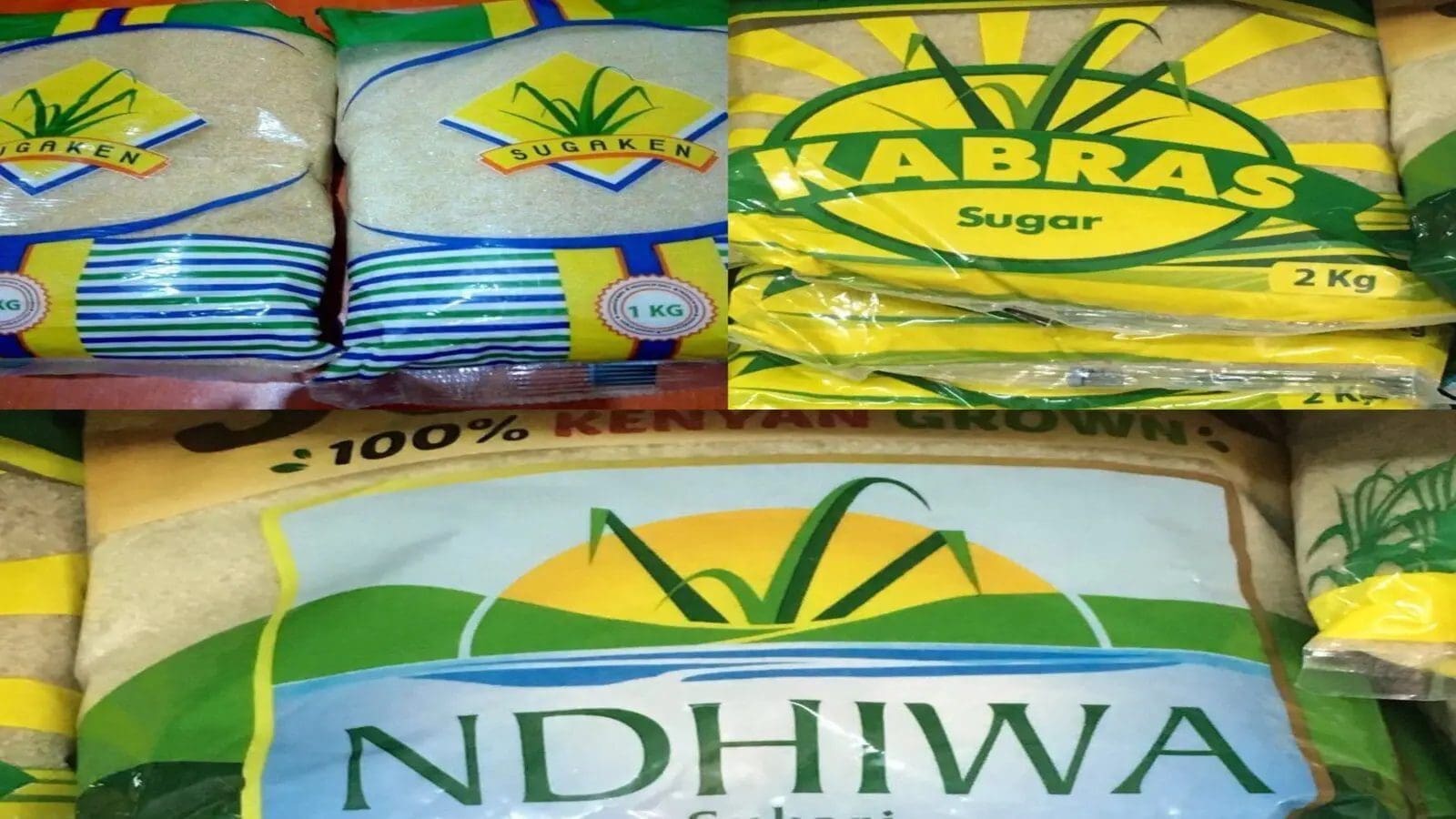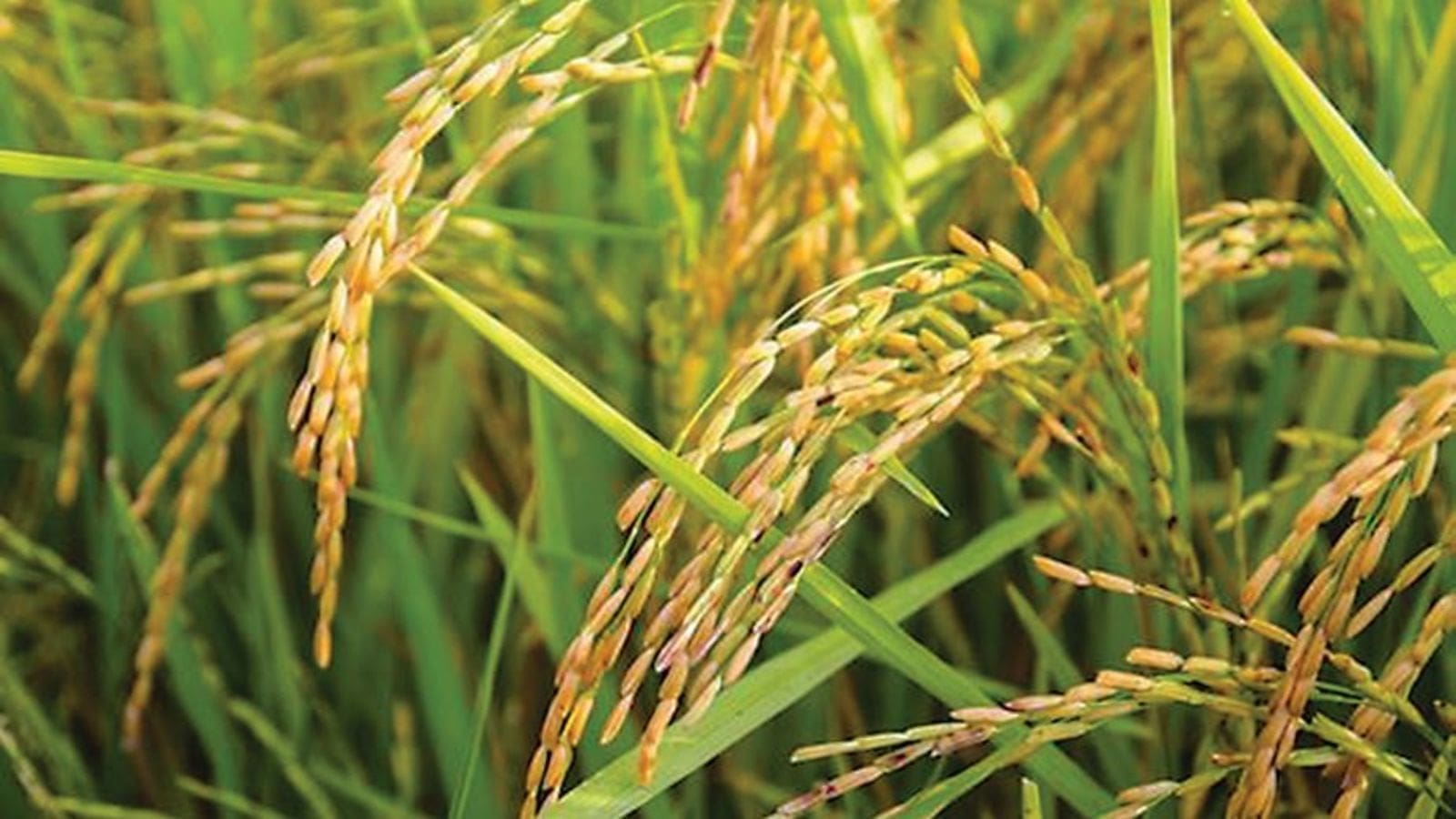GLOBAL – The Codex Alimentarius Commission (CAC) has released its latest resolutions from a meeting held in Rome in November 2022.
Due to numerous comments on the draft report, its release was this time prolonged to make sure that everyone had approved the final version.
The report focused on developing food safety regulations in Africa and includes advice for controlling biological foodborne outbreaks.
At the 49th Session of the Codex Committee in Food Hygiene (November 2017) the Committee agreed to start new work on a guideline for the Management of biological Foodborne Outbreaks chaired by Denmark and co-chaired by Chile and the EU.
A draft was presented and discussed at the 50th Session of the Codex Committee on Food Hygiene and was further developed and revised by an electronic working group (eWG) in 2019.
The guide will assist nations in identifying their capacity requirements and promote the wider application of Codex standards. Several governments are using them to update national legislation.
The objective is to assist in the effective management and communication of outbreaks in order to reduce risk.
They were developed to be used together with Codex texts on risk assessments and national food control programs by food businesses as well as the agencies in charge of handling outbreaks.
The CAC defined aflatoxin maximum limits for a variety of food groups, including cereals and cereal-based items, such as foods for infants and young children.
A few nations, however, objected to the proposal because the limits did not follow their own national laws or because they should be as low as is practically possible.
Approximately 50 nations, including Algeria, Cameroon, Côte d’Ivoire, Egypt, Ethiopia, the European Union, Ghana, Iraq, Morocco, Norway, Russia, Senegal, Singapore, Switzerland, Tunisia, Uganda, the United Kingdom, and Zimbabwe, expressed concerns regarding cereal-based food for infants.
Participants also decided on a maximum cadmium level in cocoa powder and a code of conduct to prevent and decrease cadmium contamination in cocoa beans. Nevertheless, Russia, the EU, Cameroon, Norway, Switzerland, and Switzerland all opposed the latter.
Further, the members recognized the importance of Codex working in a flexible and timely manner to consider New food sources and production methods (NFPS) as an important topic in the development of international standards aimed at protecting consumer health and ensuring fair practices in the food trade.
After a lengthy discussion over the maximum residue limits (MRLs) for the growth promoter zilpaterol hydrochloride in cow liver, kidney, and muscle, a vote was conducted. Codex has mulled the issue for ten years.
The US, Chile, Uruguay, and Zimbabwe supported the MRLs in advance of potential ratification at the next Codex Alimentarius Commission conference, despite strong opposition from the EU, UK, Russia, Saudi Arabia, and China among the members.
The Codex general principles of food hygiene have been integrated into a decision tree utilizing Hazard Analysis and Critical Control Points (HACCP).
The maximum methylmercury concentrations in orange and pink cusk eels have grown, as have the lead concentrations in cereal-based meals for infants and young children, white and refined sugar, maize and maple syrups, honey, and sugar-based candies.
New work has introduced principles and standards for the application of remote audit and verification in regulatory frameworks.
In addition, Codex discontinued work on maximum levels of lead in fresh eggs, dried garlic, and molasses.
Participants also talked about the 60th anniversary of the Codex Alimentarius Commission in 2023 and June’s International Food Safety Day, which will be under the theme of standards.
CAC45 was chaired by Mr. Steve Wearne (United Kingdom), Chairperson of the Commission assisted by the Vice-Chairpersons Mr. Allan Azegele (Kenya), Mr. Raj Rajasekar (New Zealand), and Mr. Diego Varela (Chile).
It re-elected, as Chairperson, Mr. Steve Wearne (United Kingdom) and, as Vice-Chairpersons, Mr. Allan Azegele (Kenya), Mr. Raj Rajasekar (New Zealand), and Mr. Diego Varela (Chile).
The Commission also appointed Germany as Coordinator for Europe and re-appointed Uganda, China, and Ecuador as Coordinators for Africa, Asia and Latin America, and the Caribbean, respectively.
Moreover, it elected Europe and Finland as Members of the Executive Committee on a geographic basis.
The session was attended by delegates from 163 Member countries, one Member Organization, and Observers of eight international governmental (IGOs), 37 non-governmental organizations (NGOs), and two United Nations agencies.
For all the latest food safety news from Africa and the World, subscribe to our NEWSLETTER, follow us on Twitter and LinkedIn, like us on Facebook and subscribe to our YouTube channel.








